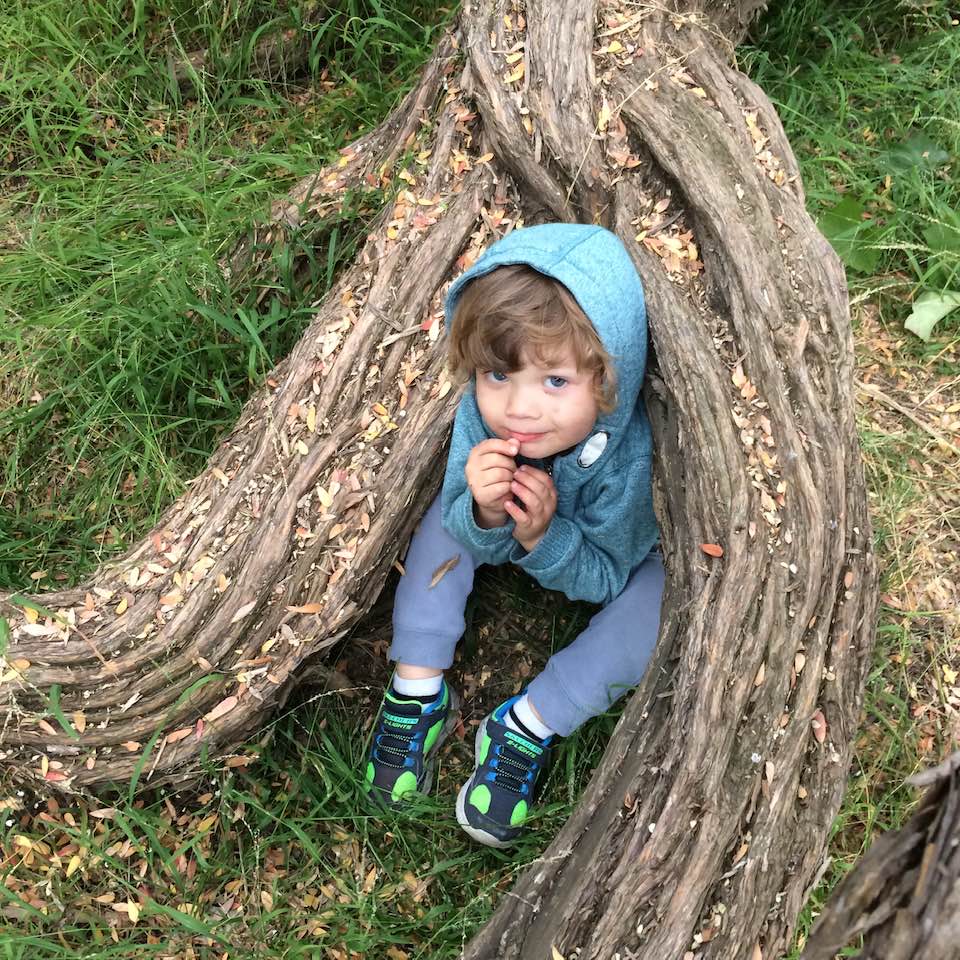
Lately I’ve been thinking about environmental ethics quite a bit. I came to it through noticing patterns and values in vegan and animal rights groups, and partnering with my brilliant colleague and precious friend David Takacs to put together and teach our environmental criminology seminar has greatly deepened my interests. Early on in our work together, David and I had fascinating debates about animal ethics, in which he expressed an ecocentric worldview, whereas I took mostly a biocentric perspective. I found the logics and contradictions of my own position interesting, particularly in our debate about trophy hunting regulation, which I recounted here. Long story short, I found myself in the complicated, but ethically juicy, place of trying to reconcile my sense that each individual lion’s life is sacred and nothing short of a complete ban on hunting would reflect the purity of this fact with my understanding that the path toward protecting lions as a species and the indigenous communities that protect them might be regulation and the sale of expensive licenses. I still can’t get over the stumbling block that the lions’ lives are not ours to sell. We have created rules and economies that are alien to the way the world runs, and alien to the way in which we used to live in nature.
I’ve spent the last few months working through Joanna Macy‘s writings and attending two wonderful webinars in The Work that Reconnects. I’ve also been spending a lot of time in nature, experiencing plants, animals, and other natural kingdoms in a reverential and playful context that my pre-COVID life did not have space for. We have grown vegetables and herbs in the garden for years, but now, for the first time, I’m immersing myself in mycology and growing mushrooms (so far from kits, but it’s so interesting nonetheless.) Here’s a great documentary about the marvel of the fungal kingdom:
The theme that emerges from this work, which is enriching my mindfulness meditation teacher training, is interconnectedness-both as a scientific concept and as an immediate, natural, somatic understanding of relationships, cause and effect, cooperation and responsibility.
It was this sense of somatic interconnectedness that brought me to the animal rights world in the first place. I had been vegetarian for many years, interrupted by a couple of years of eating meat because I believed my endurance swimming practice required it, and then went to see Judy Irving’s marvelous documentary Pelican Dreams. The film’s starting point is a brown pelican, found starved and disoriented on the Golden Gate Bridge; Irving follows Gigi the pelican to a pelican sanctuary, and learns more about their lives on between Catalina Island and the Bay Area. Here’s the trailer:
Pelican DreamsTrailer from Shadow Distribution on Vimeo.
Along the way, Irving learns that many pelicans sicken and suffocate from large surplus fish parts that commercial fisheries through back in the water. It was then that I realized that the evils of commercial consumption of animal products, and the cruelties of factory farming, were linked to evils to wildlife and the biosphere in ways that I no longer wanted to be part of. In the six years since watching the film, my family (with the exception of the cats, who, as obligate carnivores, did not choose to live with us and do not do well on vegan cat kibble) has shifted to a completely vegan diet. We cook and bake better every day and are very proud of our home cuisine, into which we bring our heritages as well as dishes from around the world, which we pick up from friends and books. My academic work on animal rights, which includes my book in progress on open rescue activism, comes from my deep personal interest in animal ethics.
A lot of the discourse in the animal rights world revolves around anthropomorphizing factory farmed animals, in much the same way that the rest of the world anthropomorphizes pets. I’m not sure that imposing our sensibilities in that way is 100% accurate, but within the limitations of human perception and language, I understand it as valuable shorthand to speak of animal rights. Many friends are shaken (in a good way) when I tell them that chickens can do math and that pigs are amazing problem solvers. But as much affection and love as I have for our nonhuman friends, my deep commitment to veganism and animal rights comes from my gratitude for the natural world as a whole, and from my deep sadness that we have grossly overstepped our place in the interconnected web of life. Animals have to feed on each other; as Peter Godfrey-Smith explains in Other Minds, interacting with each other as predators and prey was an important shift in the evolution of consciousness. But this applies to the overall sense of balance in our ecosphere, in which animals hunt and kill what they can and need to eat and no more. Our bloated, cruel apparatus of animal farming is so removed from that reality that I recoil whenever someone tries to tell me that ordering a plate of bacon or a steak is “natural.” There is nothing natural about how we do this, nothing sustainable; to refer to our horrific food supply system as part of the “food chain” is beyond offensive; and because it is so deeply out of step with everything I believe, the only resort I have is to opt out of it completely.
To be more versed in the scientific and spiritual aspects of natural interconnectedness, I’m doing a lot of wandering, and watching, and growing food, and also reading. Here are some of the books I’m enjoying lately:
Peter Godfrey-Smith, Other Minds: The Octopus, the Sea, and the Deep Origins of Consciousness
Robin Wall-Kimmerer, Braiding Sweetgrass: Indigenous Wisdom, Scientific Knowledge and the Teachings of Plants
Sy Montgomery, Soul of an Octopus: A Surprising Exploration into the Wonder of Consciousness
Paul Stamets, Mycelium Running: How Mushrooms Can Help Save the Planet
Peter Wohlleben, The Secret Life of Trees
Peter Wohlleben, The Inner Life of Animals
Peter Wohlleben, The Secret Wisdom of Nature
David Abram, Becoming Animal
David Abram, The Spell of the Sensuous
Chris Johnstone and Joanna Macy, Active Hope
Joanna Macy and Molly Young Brown, Coming Back to Life
John Seed and Joanna Macy, Thinking Like a Mountain: Toward a Council of All Beings
Rachel Carson, The Sense of Wonder: A Celebration of Nature for Parents and Children
As a postscript, I’ll mention that much of the passion behind my work to save lives of people behind bars from COVID-19, and much of my deep outrage about the three federal executions yesterday, come from befuddlement and grief. At a time in which we are seeing so much tragic destruction of human life, it is perplexing and distressing that not all of us awaken to the realization that all life, human and nonhuman alike, is sacred and calls for reverence and protection.




1 Comment
[…] was quietly reading Robin Wall Kimmerer’s Braiding Sweetgrass and thinking about yesterday’s post on the interconnected dance of life, when Facebook, with its indelible memory, reminded me: It is six years to the day that my […]